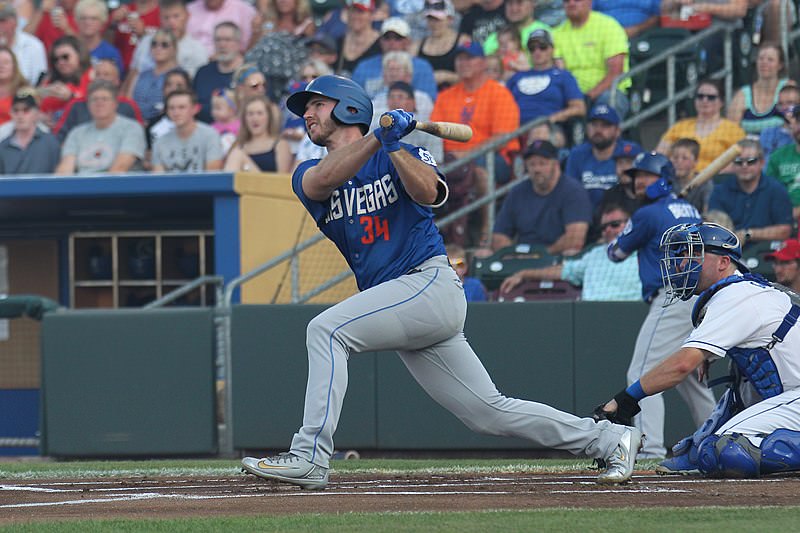Entertainment
Sports writers have inside info - Sports gamblers want it
By Jake Beardslee · September 23, 2023
In brief…
- Veteran baseball writer Joel Sherman received a text from a betting website employee asking who he'd pick for NL MVP.
- The incident highlights new ethical concerns for journalists amid a boom in sports gambling.
- Sherman alerted the Baseball Writers' Association of America, which warned its members to keep their distance from the gambling industry.
- The Association's gambling committee is expected to recommend "best practices" next year, which will likely include guidance on sharing inside information that could be used for gambling.

A recent incident has cast a stark light on potential ethics problems for sports journalists as the aggressive spots gambling industry booms.
Veteran baseball writer Joel Sherman of the New York Post received a text message from an unknown number asking who Sherman would pick for National League MVP. Sherman did not respond, but later learned the sender worked for a betting website, according to a Baseball Writers’ Association of America (BBWAA) email.
The text message highlights the ethical pressures and pitfalls reporters face as legalized gambling permeates the sports industry and insider information becomes increasingly valuable.
Sherman alerted BBWAA president Shi Davidi, who cautioned members to “keep vigilant” and avoid linking themselves “to sports wagering information, even inadvertently.”
“There’s safety in being guarded about who you talk to about your vote and what you share with whom,” Davidi said. “Even a seemingly innocent feeler, like the one Joel received, could lead to unintended consequences.”
The BBWAA’s gambling committee is expected to make recommendations next year on “best practices” for members. This will likely include guidance on sharing private information that could be used for gambling.
Reporters often know about injuries, trades and other consequential information before the general public. Prominent sports journalists vote on MVP awards and Hall of Fame inductions, which are popular gambling fare. Interestingly, while athletes are generally prohibited from betting on their own sports, there are few rules governing gambling activities for reporters themselves.
“The most pressing ethical question facing sports journalism over the next couple of years is codifying gambling rules,” Brian Moritz, associate professor of sports and digital journalism at St. Bonaventure University, told the Wall Street Journal.
The emergence of legal sports gambling has spawned a cottage industry of consultants and information brokers hunting for any competitive leverage. Journalists have become part of this swiftly evolving landscape.
According to Professional Football Writers of America president Calvin Watkins, in the final analysis, “It’s up to the individual reporter to have his own morals and ethics, and it’s up to the paper or the website to police their reporters.”